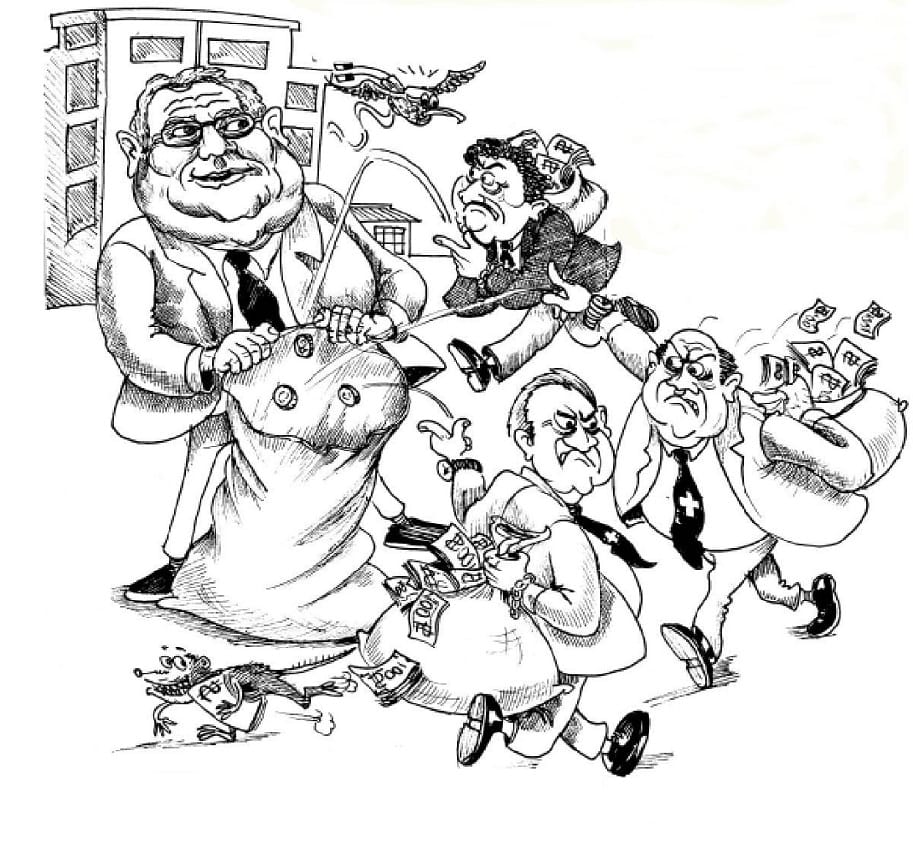
Progressive Tax essay
Today, the introduction of the progressive tax system opens heat debate in the society because, on the one hand, the progressive tax will increase the fiscal pressure on the rich, whereas, on the other hand, the introduction of the progressive tax may raise the problem of the slowdown of the economic growth. In this regard, it is possible to refer to the book The Darwin Economy by R.H. Frank, where the author reveals the essence of the capitalist economy and his views on the progressive tax. In fact, Frank reveals both strengths and weaknesses of progressive tax system.
One of the strengths of the progressive tax is the fair redistribution of wealth as richer pay more, while funds are used to cover welfare programs. As the rich pay higher taxes because they consume more, they help the poor, who receive government support and participate in welfare programs funded at budget cost.
Second, the maximization of the economic pie can occur through the progressive tax. The progressive tax will raise revenues of the federal and state budgets, which can redistribute wealth to the poor. The rise of revenues will increase the economic pie to share.
Third, the efficient allocation of resources can also occur through the progressive tax. The higher taxes for the rich will help to accumulate financial resources for their further redistribution between those in need. The financial resources will be spent on social and welfare programs, instead of mere consumption by the rich.
Fourth, the progressive tax can help to unite the collective action within the national economy through the close cooperation between rich and poor through the fiscal system as the rich help the poor. The progressive tax contributes to the fair redistribution of wealth, while the redistribution of wealth occurs through the collective action that provides possibilities to meet interests of different social groups.
Fifth, the progressive taxation system annihilates the law of capitalist system, when individual choice for the survivor may work against the best interest of the society. As the progressive tax redistributes wealth from the rich to the poor, rich individuals cannot pursuit wealth against interests of the society. Instead, the government takes the role of the distributor of the wealth and annihilates individuals strife for wealth to help the poor.
On the other hand, the progressive tax has a number of weaknesses, which are clearly seen from Frank’s book. First, the performance is graded on a curve. This means that the performance of the economy and individuals can change from rapid growth to a steep decline. Hence, the progressive tax will make revenues of the budget unstable because the decline will bring less revenues, while growth will bring more revenues.
Second, losing competitive advantage may result from the progressive tax. Individuals will be uninterested in taking the lead in the competition to earn more because they will pay higher taxes.
Third, individual incentives are at odds with the interest of the society. Individuals will come into clashes with interests of the society and may try to avoid paying progressive tax.
Fourth, the limitation of the personal autonomy results from the progressive tax. Individuals will have to pay more, if they consumer more that limits their autonomy and free choice.
Finally, the progressive tax system can discourage the accumulation of wealth as the more individuals earn the more taxes they have to pay. Hence, they will be unmotivated to earn more.

